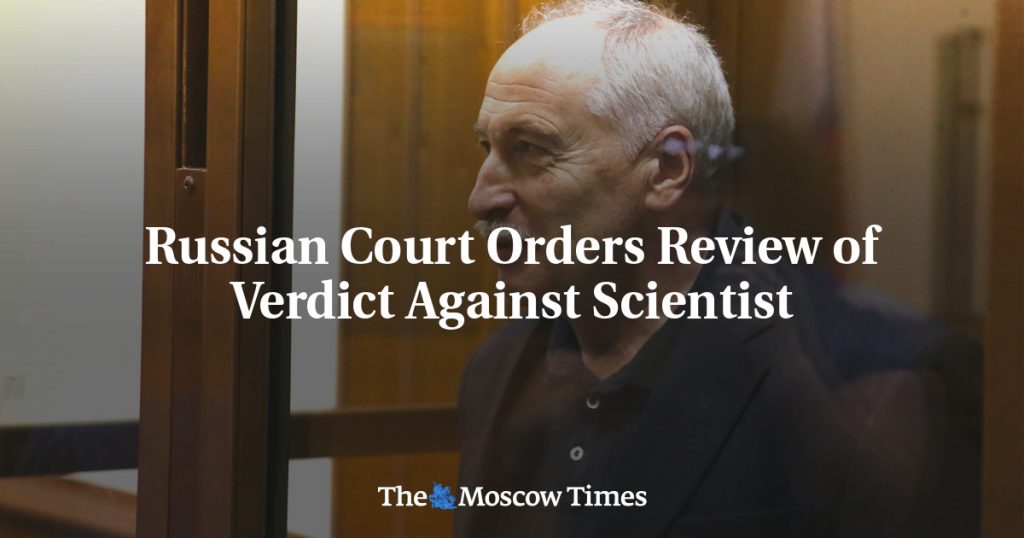A Russian court has overturned the verdict of Valery Golubkin, a 72-year-old aerospace scientist who was sentenced to 12 years in prison on charges of treason related to his involvement in a multinational high-speed flight project. Golubkin, a professor at the Moscow Institute of Physics and Technology, was accused of passing state secrets to a NATO member country, leading to his arrest in April 2021. After being found guilty of high treason in June 2023, Golubkin was given a 12-year sentence in a maximum-security penal colony.
The basis of Golubkin’s treason case revolves around allegations that he and his supervisor Anatoly Gubanov shared secret hypersonic development materials as part of a collaboration with the EU on the HEXAFLY-INT, the world’s first civil hypersonic airliner. Russian prosecutors claimed that Golubkin and Gubanov leaked state secrets to Dutch colleagues through two reports on HEXAFLY-INT, as reported by Russia’s legal rights group Perviy Otdel. The Moscow City Court presented “models of hypersonic vehicles” and the business card of Johan Steelant, a European Space Agency senior project engineer, as evidence against Golubkin.
Despite the allegations, Golubkin has maintained his innocence and has denied the charges brought against him. The case against him has now been sent for a review following the overturning of his verdict by the Russian court. Golubkin’s defense has questioned the validity of the evidence presented and continues to argue his innocence in this high-profile case. The decision to retry the case suggests that there may have been flaws or new information that warrant further examination in the pursuit of justice.
The overturning of Golubkin’s verdict highlights the complexities and uncertainties often associated with cases involving allegations of espionage or treason in the scientific community. The collaboration on cutting-edge technologies like hypersonic development can blur the lines between legitimate research cooperation and potential breaches of national security. The involvement of multiple countries and organizations in such projects can add layers of complexity to determining where national interests begin and end, leading to contentious legal battles like the one surrounding Golubkin and his alleged involvement in sharing state secrets.
The case has attracted widespread attention due to its implications for international scientific collaboration and the protection of classified information in the aerospace industry. The involvement of prominent figures like Golubkin and Gubanov in the hypersonic airliner project underscores the importance of transparency and accountability in research partnerships that span national borders. As the case undergoes a review process, the outcome will likely have broader implications for future collaborations and the balance between scientific progress and national security concerns. Ultimately, the verdict in Golubkin’s case will shed light on how legal systems navigate the complexities of espionage allegations in the context of cutting-edge technological developments.


